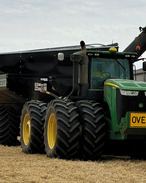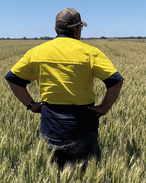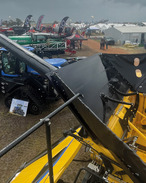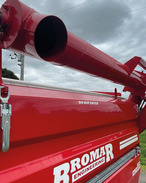This article is 5 years old. Images might not display.
The project's business case is simple enough - if poor smallholder farmers change their management practices so their cattle reliably produce beef to certain quality specifications, South Africa's Woolworths will pay them a substantial premium to sell their beef as "free range".
The High Value Beef Project (HVBP) aspires to have about 350 small farmers from six South African provinces involved.
The cultural obstacles to change are considerable and not dissimilar to the barriers to adoption of innovation in Australian agriculture.
The South African project's leader, former Beef CRC chief Professor Heather Burrow said to bring these farmers up to a specification-driven production system, we have to design cultural programs that help farmers change their behaviour.
According to the University of New England (UNE) the psychological profiling of South African smallholder cattle and poultry farmers shows interesting parallels with Australian farmer demographics.
About 15 per cent of African farmers are positive thinkers, representing the innovators and early adopters.
And about 15% are defined by negative psychological traits that make them fearful and resistant to change, making them unlikely candidates for the Beef CRC and UNE project.
Burrow said the remaining 70% might change if there was adequate incentive to do so - much like Australian farmer data trends indicate.
"Persuading the middle 70% of farmers to adopt new strategies is not merely about making a good business case. The roots of habit and behaviour go deep," Burrow said.
Burrow has recruited UNE specialists in psychology, linguistics, and business management to work with African extension officers to create new programs that help farmers overcome personal and cultural resistance to change.
"The interventions we are designing for Africa are world-firsts," Burrow said.
"If we're successful in Africa, we see potential to bring these interventions into Australian rural research and development extension programs to speed up local adoption of innovation."






















